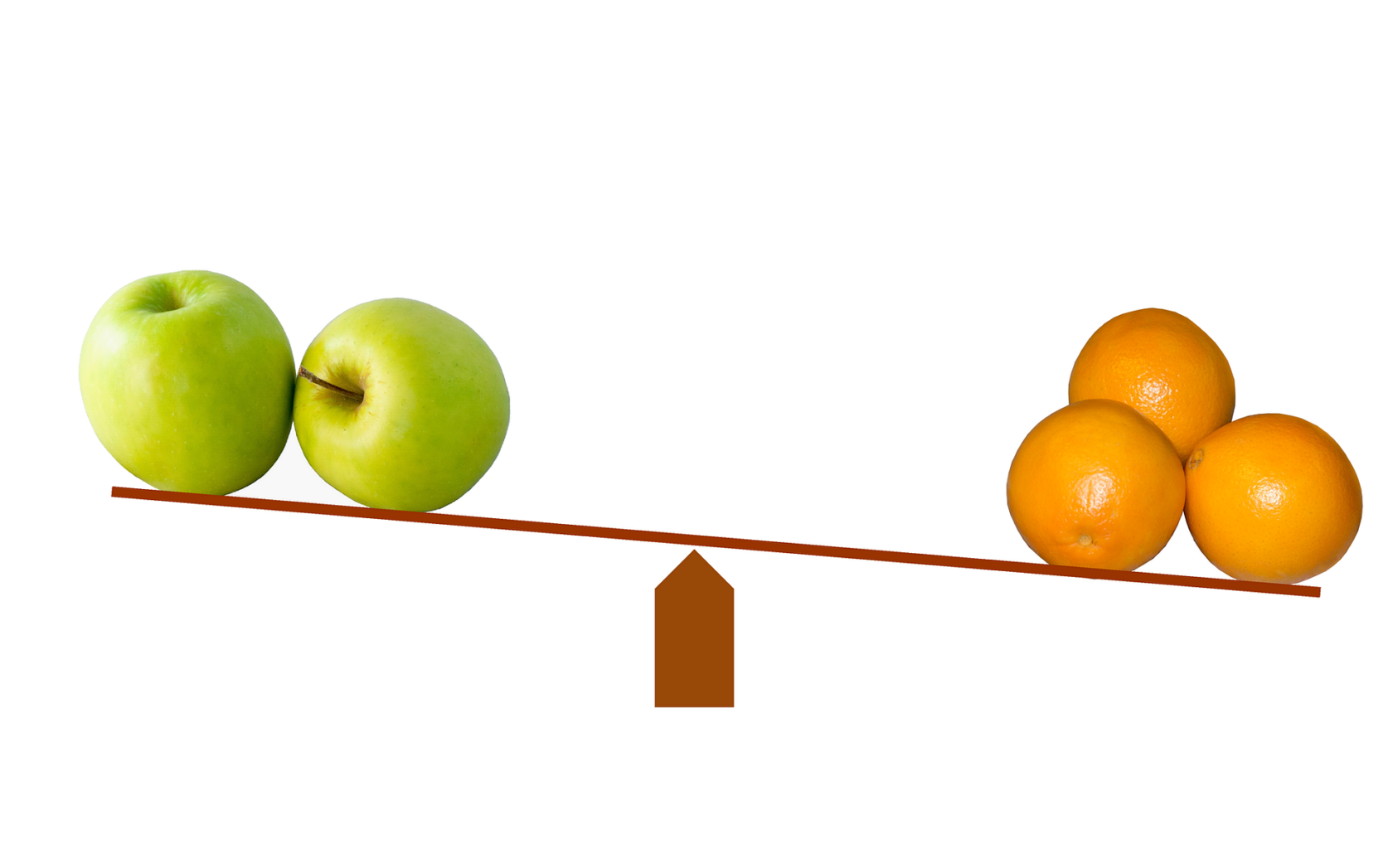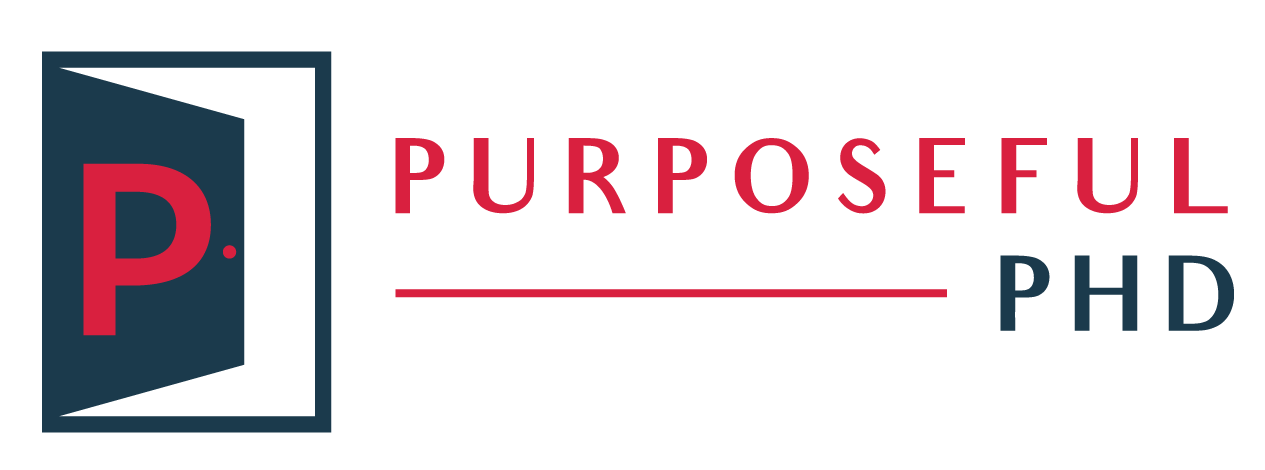
Have you ever sat in class and shrank in your seat whenever one of your know-it-all peers raised their hands for the fifth time to chime in on the discussion with the professor? Graduate classes aren’t as seemingly straightforward as your undergraduate classes might have been, and so the discussion part of class requires that not only did you fully read the material in advance but more so that you understood the material and could rationalize it on your own. So, the mere fact that one of your peers actually read or somehow is this intelligent god that can answer all the questions simply amazes you but to their complete ignorance, also belittles you.
Or maybe it’s not in the classroom that this comparison happens but maybe it’s when you start looking at how far you’ve advanced in your program (e.g., in terms of awards, published papers, dissertation chapters complete, quality of an oral presentation,). You’re wondering how in the world are they already on their 3rd paper in their 2nd year and you are struggling to pull together your first dissertation chapter in your 4th year. Or if you’re in the lab, you find yourself squirming around in frustration trying to make an experiment work, when your lab mate has the Midas touch (old school song go listen to it later) and generates tons of useful data in a couple of days.
Whatever THE COMPARISON is that you’re doing, the short is…it HAS TO STOP. There is so much wasted energy and effort that goes into comparing yourself to others that you can’t afford to allow anything to get in the way of being the best that you can be as a graduate student. Let alone, constantly comparing yourself to others feeds into any imposter syndrome that you may have, increases your insecurities about yourself, and worst case can lead you to believe that there’s no way you can ever be that great. So instead of try, you convince yourself there’s no point at all, and start to self-sabotage your own work (whether that’s in the classroom, lab, or with your writing).
The truth is, you really have no idea what gifts and talents someone else really has nor do you know the full story behind what sacrifices they have been willing to make to get to this pedestal that you’re putting them on. And honestly, what does their success matter for you really? Best case, it could be the fuel that you need to motivate you to do your best.
Consider this the next time you start to compare yourself or your progress in your program to everyone else:
- The time that you are spending comparing yourself to others could be spent towards you actually doing your own work, that simple.
- The mental energy that you are wrapping up into this comparison and trying to understand why they are so much better (or sometimes worse), is draining you in ways you may not realize. You require your best mental energy so that you can show up and follow through in and out of the classroom, in and out of the lab, and in and out of your writing.
- Anything that you are doing or consuming so much in regards to comparisons that results in negative thoughts and feelings about yourself is just not worth it. At this point in your life and especially your graduate career you have so much to gain and the nature of graduate school is already a beast. Setting yourself up for things that will bring you down like constant comparison to others should not be an option. Commit to surrounding yourself with only positive environments, including those you create for yourself.
- Everything that looks good ain’t always good. Really it isn’t. Short story. I had a peer in graduate school in my first year who was amazingly brilliant. I mean they always had their hand up in the classroom. In what should have been normal conversations after class they always found ways to get back to science and go deep. I felt like crap because all I could think about after class was how much sleep am I going to lose to barely pass the next exam. Anyways, it turned out that for as much brilliant as this peer was in thoughts and questions, they were extremely worse at actually getting anything done in the lab or being able to make any experiment work. Ultimately, it turned out that graduate school wasn’t a part of their path and before the first summer was up, they had left the program and moved on to a job that was far removed from science. This peer that I had glorified and in comparing myself to, made me feel like a fraud, turned out that they weren’t even meant to be in this program. My point is, everything that looks good ain’t always good.
- Lastly, if you are truly in admiration of the person that you find yourself comparing yourself to all the time, then maybe there is something there for you to learn. Instead of shaming yourself and your progress why not instead reach out to this person and try to understand how it is that they are so brilliant or so productive. Ask questions about their process, what comes natural to them, how have they been so productive… I’m sure that you’ll walk away with some useful nuggets that you may be able to adopt for your own progress. But more importantly, you’ll likely also walk away understanding that this person has amazing gifts and talents but also has some flaws.
A heart that is truly happy for and supportive of others breeds something that inherently bring positive and good vibes back your way. Walk away today and everyday forward knowing that you have the ability to figure it out and with enough work and support can become brilliant in your own right.
Until next time!
Renã Robinson, PhD

